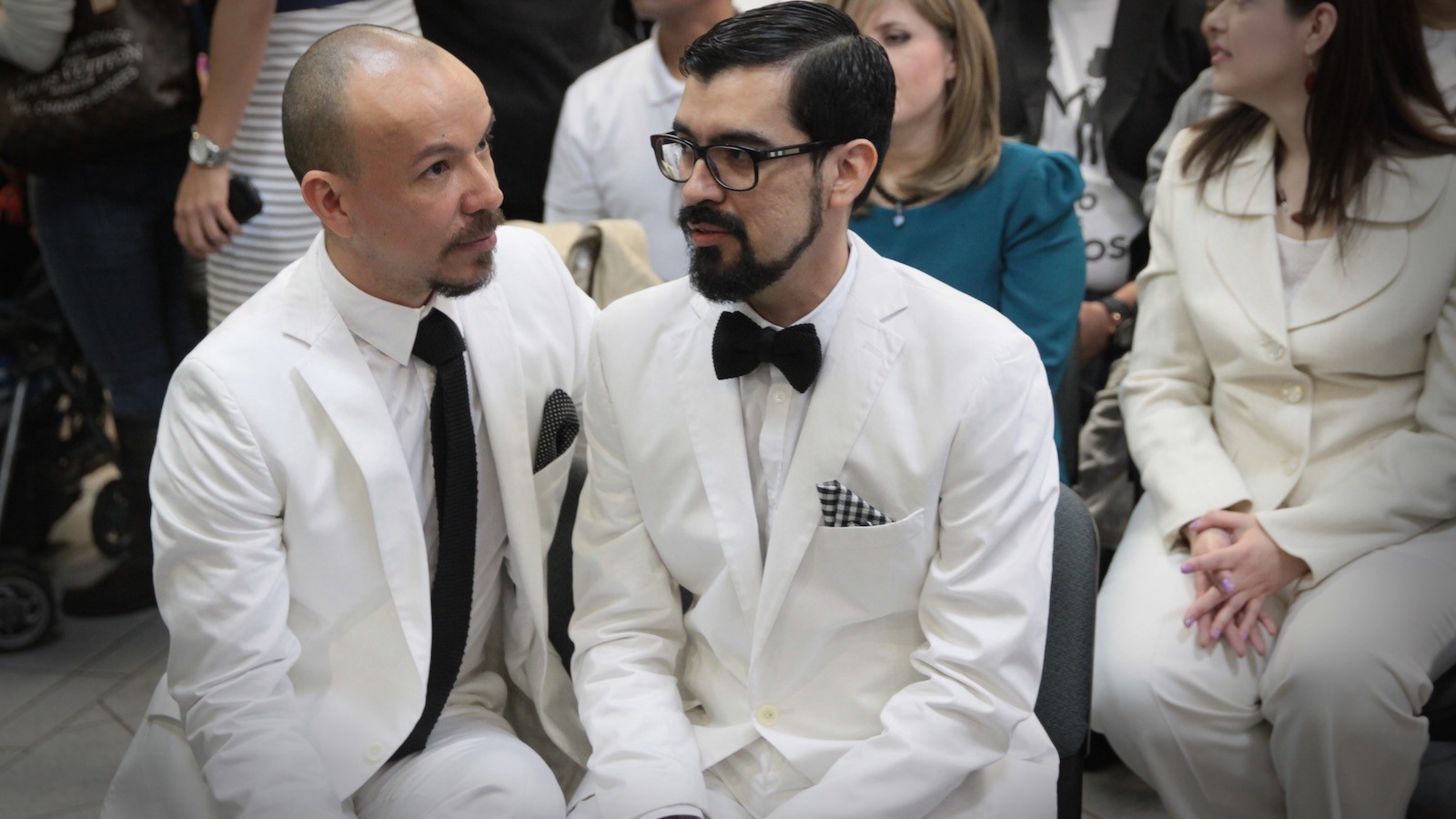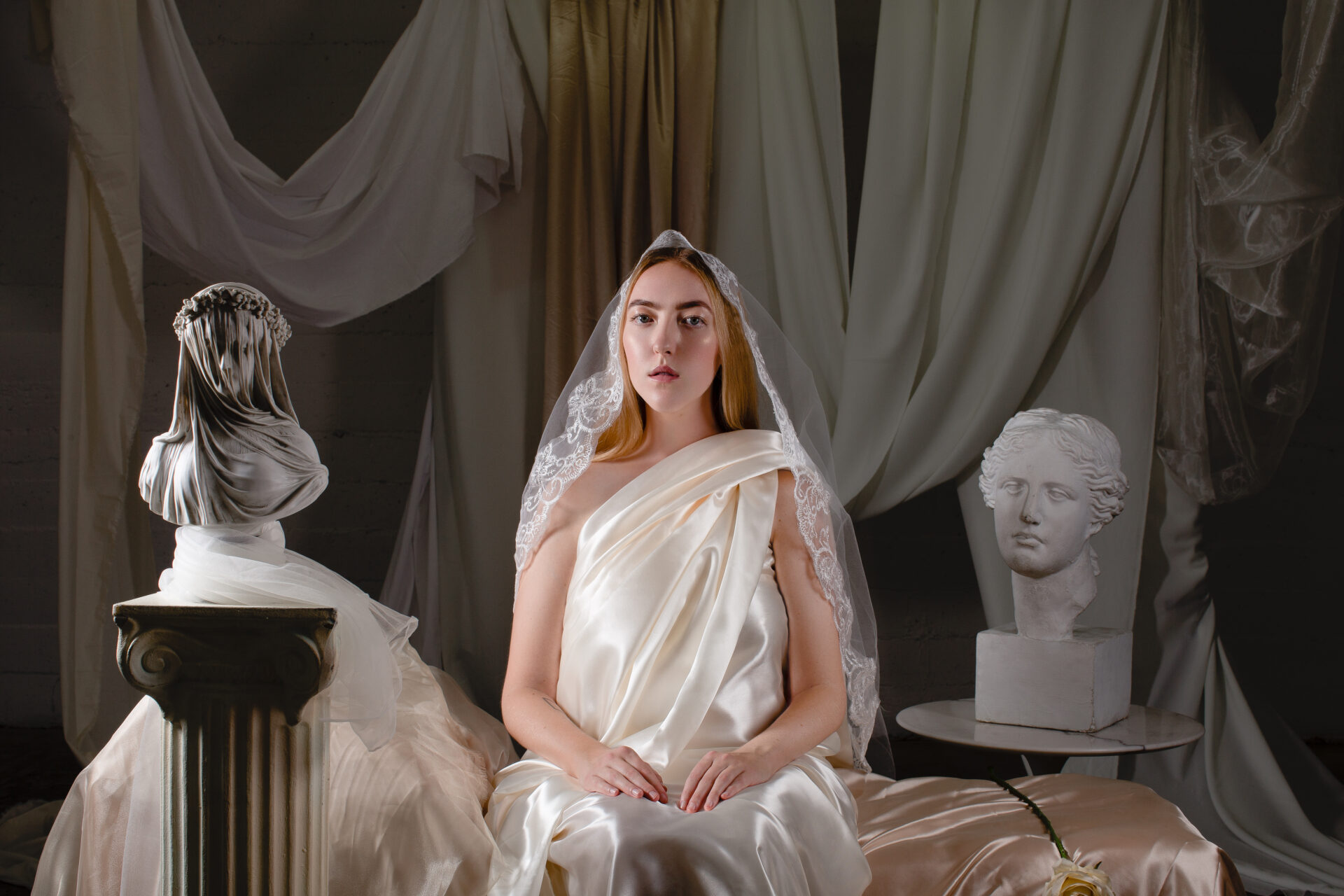The following review is coverage for the Human Rights Watch Film Festival.
Living in the United States can make it easy to imagine oneself at the center of the world, as progressivism—and regression—shape our lives and we remain unexposed to narratives beyond those that directly affect us. The same-sex marriage debate was a long and arduous battle for the American LGBT community, but it behooves us to remember that similar fights are happening parallel to and after our own. No Dress Code Required—or, as it’s known internationally, Etiqueta no rigurosa—offers a documentary glimpse at the fight for marriage equality in Mexico, and though we have much to learn from the experiences of the players involved, I only wish the vessel through which they were presented was further polished.
Victor and Fernando are gay partners living in Mexicali, a city in Baja California, Mexico, and they decide that they finally want to tie the knot. Same-sex marriage is legal in Mexico City and has been ruled legal throughout Mexico by the Mexican Supreme Court, yet the city of Mexicali is conservative and actively resists the Court’s judgment. Over the course of years, Victor and Fernando fight for marriage certification in their hometown, butting heads against bureaucratic maneuvering and a society that rejects them.
Documentarian Cristina Herrera Borquez is with her subjects through the entire process of their legal challenge, and what this real-time coverage affords us is an unfiltered view of the men in love. Through interviews we come to know their dating history, their individual histories of coming out and dealing with discrimination, and their thoughts and feelings as the fight for their rights gets progressively uglier. It’s a humanizing and moving portrayal that is no less impactful for how common their narratives are, and a United States audience may be shocked to see the similarities of experiences across cultures.
Unfortunately, the real-time coverage acts a double-edged sword, as the film doesn’t quite seem to have a handle on making the more tedious and bureaucratic aspects of a legal battle into an engaging experience. One sequence in particular in front of a magistrate feels long and drawn out in how government officials scramble for excuses to not certify the men’s marriage, but from a single static camera the experience is boring, and it is immediately followed up by a talking head interview with the couple’s legal counsel explaining what had just happened, an explanation that might have better served by being intercut with the more monotonous footage. It’s a poorly edited film, and at times the fuzzy camerawork leaves some visual clarity to be desired.
Even so, No Dress Code Required is an effective documentation of the true story of love conquering against oppression, and while that narrative may feel familiar in the U.S., it’s encouraging to see similar battles being won elsewhere in the world. This may not be the documentary its subjects deserved, but what we get to see of those subjects makes the experience worth it.













